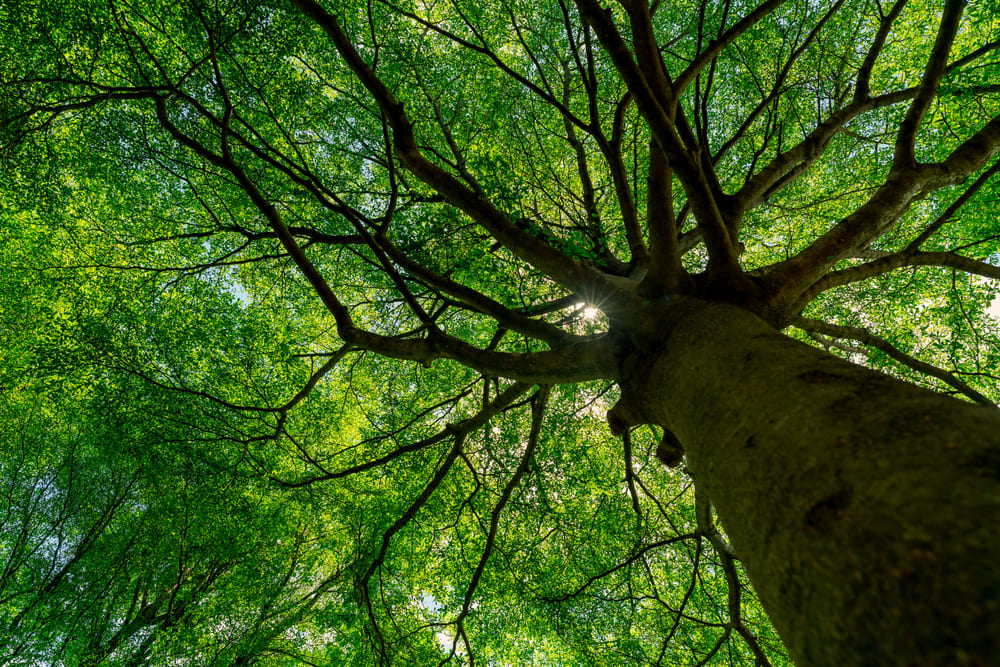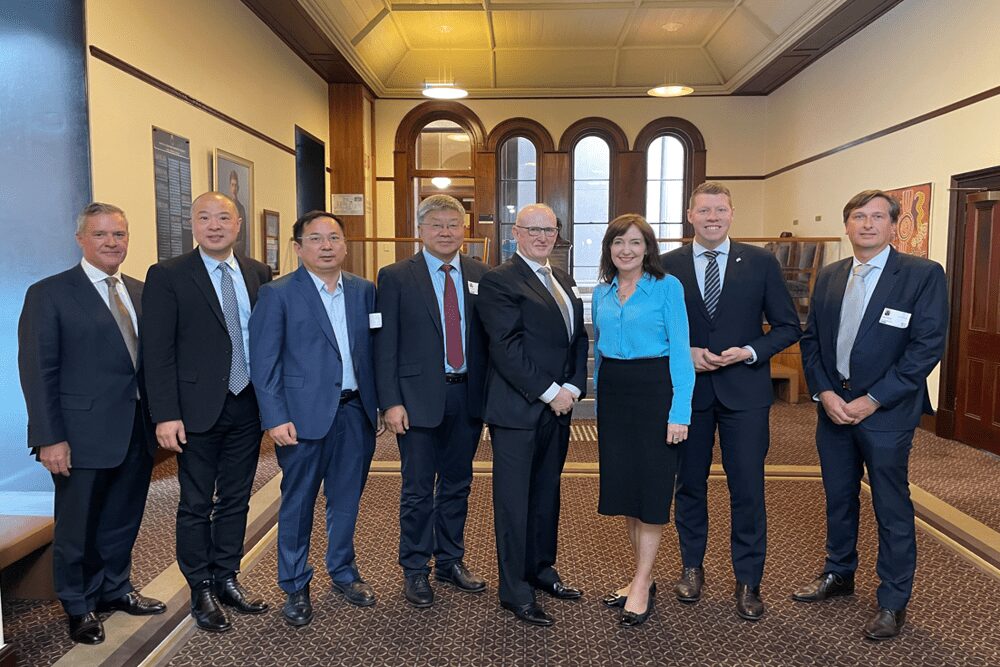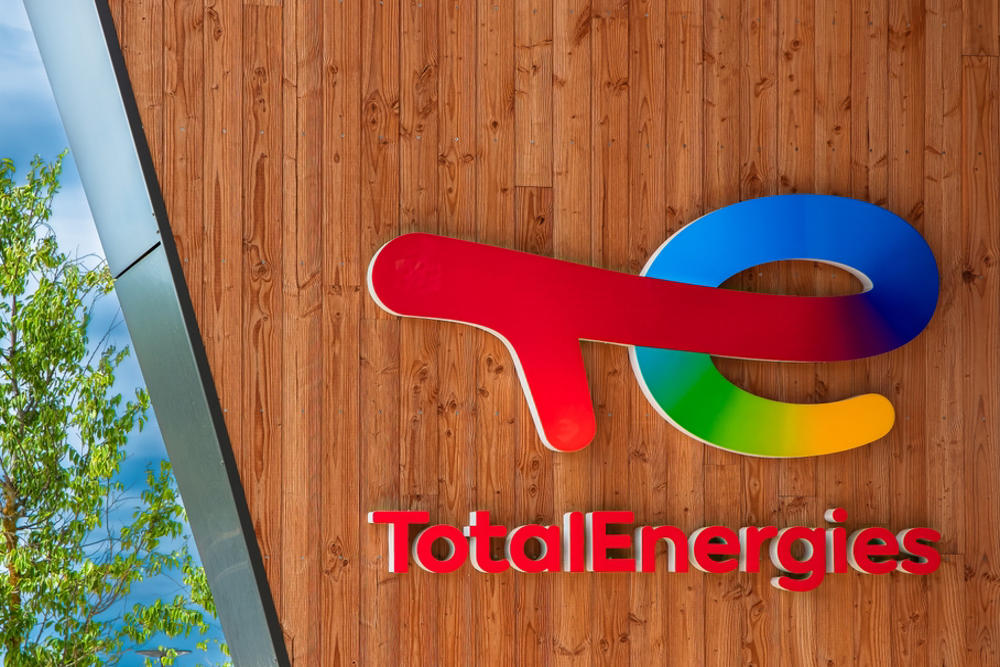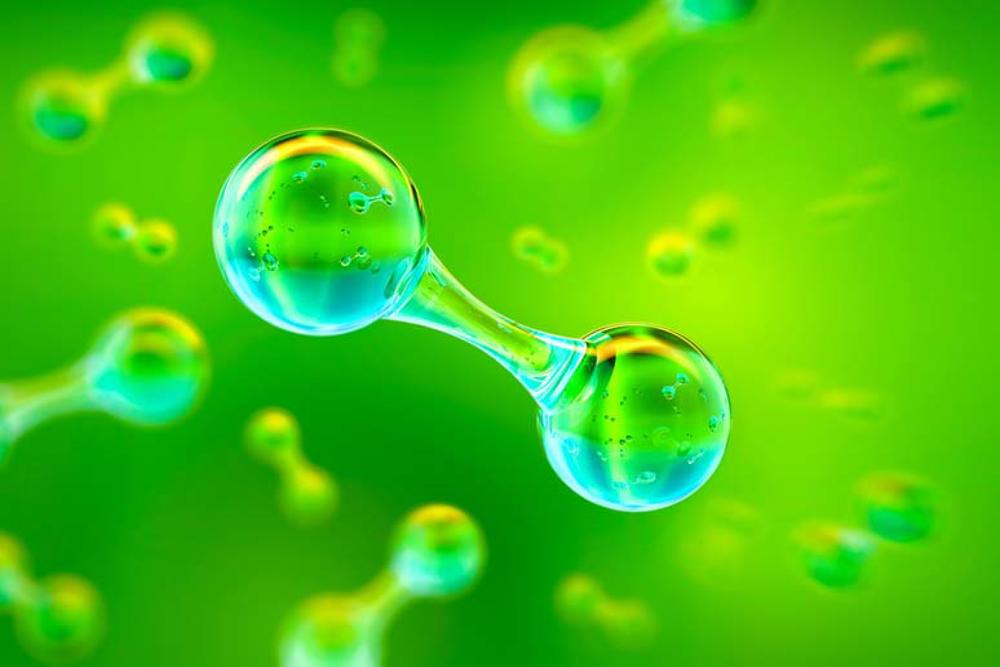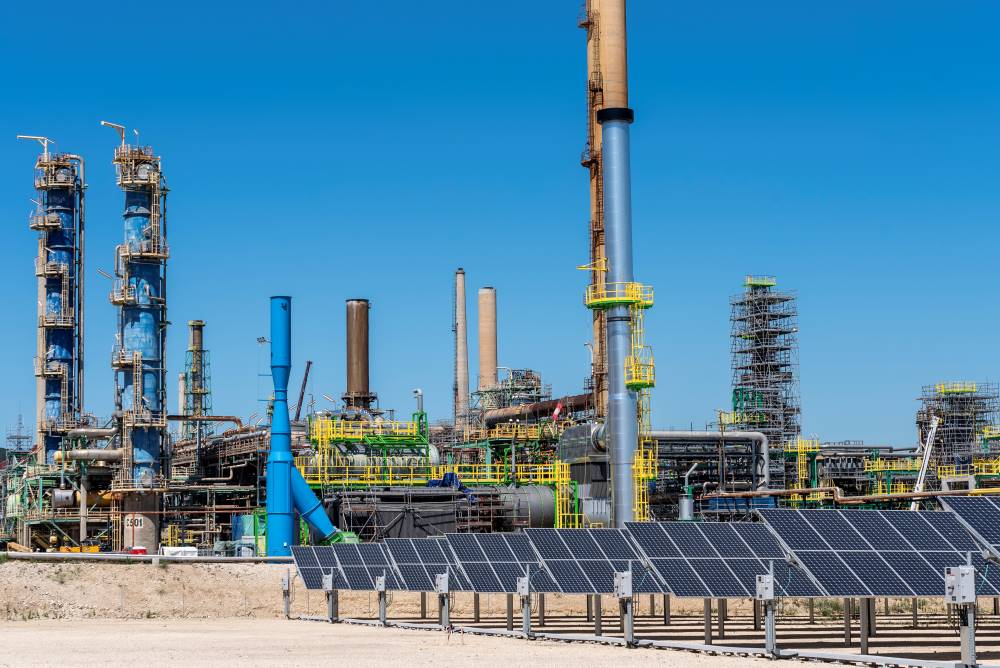
Total and Engie have signed a cooperation agreement to design, develop, build and operate the Masshylia project, France’s largest renewable hydrogen production site at Châteauneuf-les-Martigues in the Provence-Alpes-Côte d’Azur South region.
Located at the heart of Total’s La Mède biorefinery and powered by solar farms with a total capacity of more than 100 megawatts (MW), the 40 MW electrolyser will produce five tonnes of green hydrogen per day to meet the needs of the biofuel production process at Total’s La Mède biorefinery – helping to avoid 15,000 tonnes of CO2 emissions per year.
An innovative management solution for the production and storage of hydrogen will be implemented to manage the intermittent production of solar electricity and the biorefinery’s need for continuous hydrogen supply.
The project integrates the implementation of five innovations that prefigure the industry’s decarbonisation solutions, without any precedent in Europe:
- A digital piloting system for the continuous supply of hydrogen with real-time management of solar electricity production;
- Optimising the integration of several photovoltaic farms supplying the electrolyser to minimise energy losses and limit grid congestion;
- Large-scale hydrogen storage to balance intermittent electricity production and continuous hydrogen consumption;
- A direct current connection between a photovoltaic farm and the electrolyser to improve the energy balance; and
- Enhanced industrial safety thanks to the use of 3D digital models for each component of the installation.
Beyond this first phase, new renewable farms may be developed by the partners for the electrolyser, which has the capacity to produce up to 15 tonnes of green hydrogen per day.
The Masshylia project has been labelled as innovative and of great interest to the region by several regional institutions (Provence-Alpes-Côte d’Azur South Region, Métropole Aix-Marseille-Provence, Capenergies competitiveness cluster).
It benefits from the support of local actors for its ability to reduce CO2 emissions and demonstrates the economic advantages of renewable hydrogen and its integration into the local ecosystem and at the European level.
The two partners aim to commence construction of the facilities in 2022, following the completion of the advanced engineering study, with a view to production in 2024, subject to the necessary financial support and public authorisations.
To this end, the project has already applied for subsidies from the French (AMI) and European authorities (IPCEI, Innovation Fund).
President of Gas, Renewables and Power at Total, Philippe Sauquet, said innovation and sustainability are at the heart of the project.
“As demonstrated by our commitment to the European Clean Hydrogen Alliance, we believe in the future of renewable hydrogen, and we are working with our partner Engie to make it happen. This renewable hydrogen production facility, combined with our expertise in solar energy, is a further step in our commitment to get to net-zero by 2050,” Mr Sauquet commented.
“The association of two leading French energy companies will make it possible to develop the hydrogen sector and become its leaders thanks to this joint, industrial and internationally reproducible project.”
Engie’s EVP in charge of renewable energies, Gwenaëlle Avice-Huet, said the Masshylia project demonstrates the capacity of Engie to meet the challenges of the energy transition by developing innovative carbon-neutral solutions.
“The partnership between Engie and Total, by its scale and its very ambitious integrated approach, embodies Engie’s renewable hydrogen development strategy to reduce our clients CO2 footprint. It also paves the way for a multi-usage renewable hydrogen hub in the near future, strongly rooted in the region and with an international outreach,” she said.








